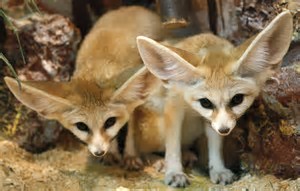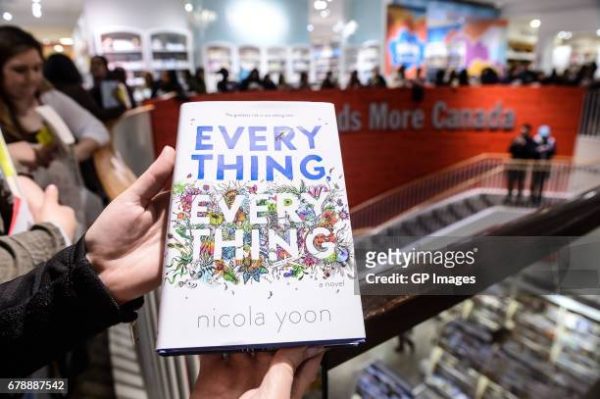Exotic Animal Interest Booms in China

September 21, 2017
Two weeks ago, a Chinese man, Huang Jia Chen, started breeding various types of exotic animals in order to help raise population and make a profit. Exotic pets are really popular in China, especially among people in their 20s and 30s. He even started breeding crocodiles that will grow up to 15 feet long. Sean Gallagher, a Beijing-based filmmaker reported to National Geographic, “It’s more than just a fad here in China. They want to stand out and show off to their friends.”
The boom in exotic animal pet ownership has conversationalists and animal advocates trying to deliver an important message: exotic animals belong in the wild. Keeping them in homes might damage their well-being and could be bad for the owners as well. They can spread salmonella, herpes, bird flu, and many more diseases. The animals already in the wild could possibly be in danger; according to National Geographic, some exotic pets, such as reptiles, are bred in captivity.
These exotic animals are not only being kept as pets, but they are also being traded. The scale of exotic pet trading, both in China and globally, is difficult to estimate. The reports of legal imports and exports of live animals is heavily flawed. There is only a 10 percent estimate of illegal trade that is detected. Conservatives estimate the sales of live exotic animals traded across the borders as millions.
“I don’t think people understand the severity. Even if only one in 100 have an exotic pet, that’s still a very large number of animals,” Sean Gallagher stated.










